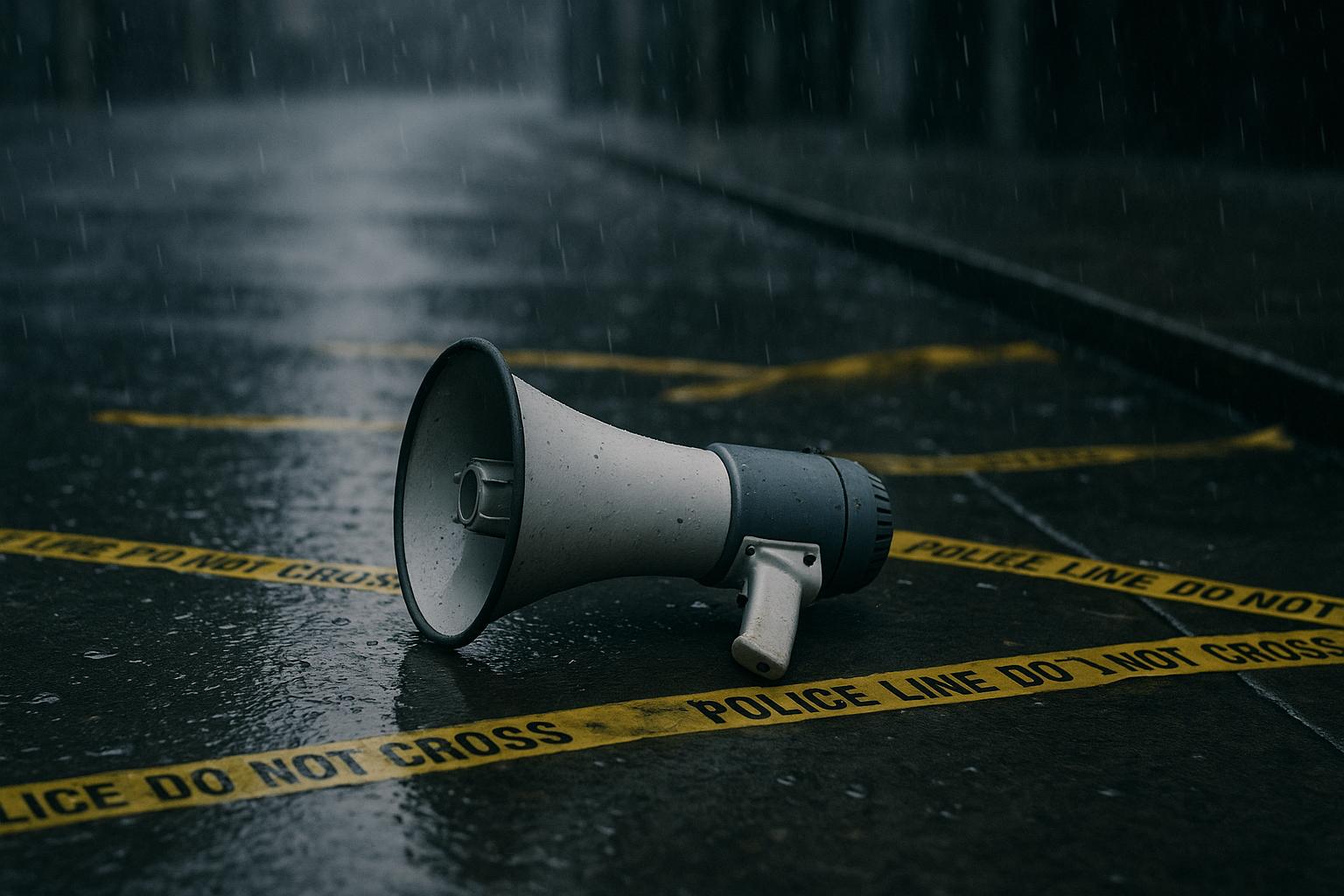Over 400 individuals were detained in London amidst a massive protest organized by supporters of a radical activist group that the government has recently designated as a terrorist organisation under the 2000 Terrorism Act. The rally, held on a politically charged Saturday outside Parliament, saw hundreds rallying under banners condemning genocide and expressing solidarity with this banned group. Authorities made it clear well in advance that any public support for the organisation would be met with swift arrest.
The Metropolitan Police confirmed that more than 425 arrests were made, predominantly for offences linked to supporting a proscribed organisation. The situation escalated as some activists resisted detention, leading to charges such as assault on officers and public order offences. Deputy Assistant Commissioner Claire Smart described the abuse faced by officers—ranging from punching to spitting—as "intolerable," asserting that police are tasked with enforcing the law while respecting genuine peaceful protests.
This group was proscribed earlier this year following acts of vandalism that caused significant damage, including a royal air force base attack estimated at around £7 million. This marked a disturbing development as the first UK organisation focused on property damage to be classified alongside internationally recognised extremist groups such as Hamas and ISIS. In defending this stance, Home Secretary Yvette Cooper emphasised that the group’s activities posed a serious threat to national security. Penalties for supporting the organisation can be severe, with organisers potentially facing up to 14 years in prison and individual supporters risking jail sentences of six months or more.
Nevertheless, the government’s crackdown has been met with fierce criticism from human rights advocates, legal experts, and campaigners who argue that such broad use of anti-terror laws encroaches on civil liberties. Prominent organisations such as Amnesty International, Greenpeace, and even the United Nations have questioned the proportionality and legality of the government’s approach. Civil rights groups like Defend Our Juries have accused policymakers of misleading the public and interfering in ongoing judicial processes, particularly as legal challenges to the ban continue. While the group has officially disbanded, efforts to overturn the proscription persist, with a judicial review scheduled for November and the government seeking to appeal earlier rulings that allowed its co-founder to challenge the ban.
In the lead-up to Saturday’s protest, authorities arrested five key organisers, including Tim Crosland of Defend Our Juries—a move critics see as an attempt to silence free speech just before planned peaceful demonstrations. Interestingly, other rallies supporting the same cause on the same day drew around 20,000 participants with minimal interference, illustrating a clear political bias by authorities, who distinguish between lawful expression and their heavy-handed treatment of what they label as threats.
Opposition voices argue that the government should refocus its priorities, addressing the real humanitarian concerns motivating these protests rather than resorting to draconian legislation and arrests aimed at suppressing dissent. Behind the scenes, the conflict in Gaza continues to escalate with Israeli strikes targeting Hamas in Gaza City, intensifying the debate and heightening tensions around these demonstrations. Critics believe that, instead of suppressing voices critical of government policy, there should be honest dialogue about the complex issues at play—something this government appears increasingly unwilling to facilitate.
Source: Noah Wire Services
